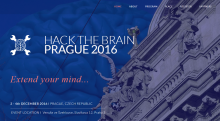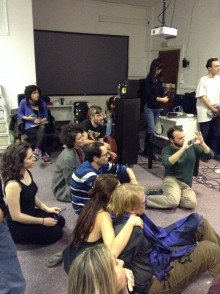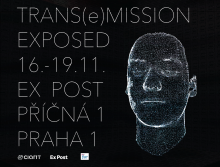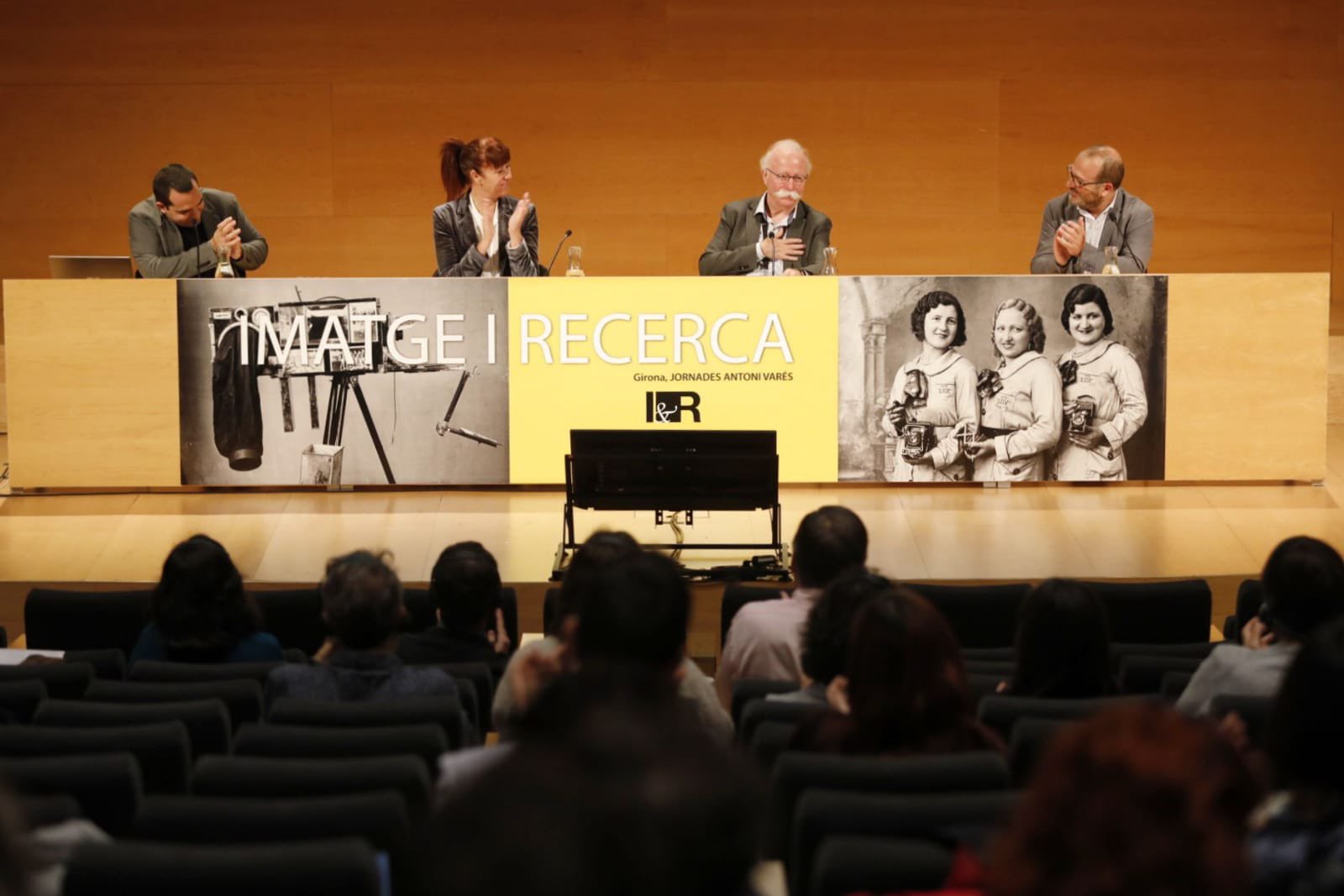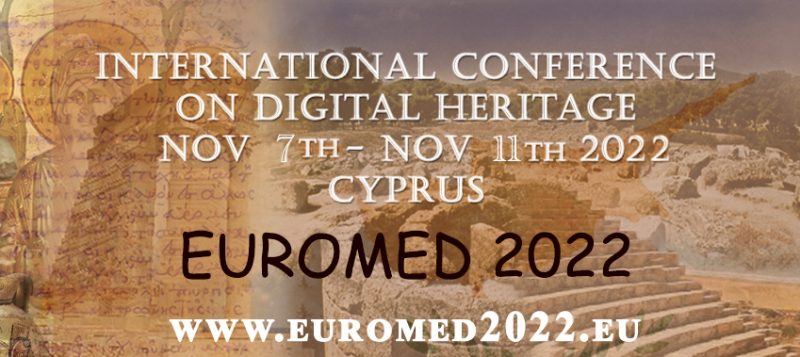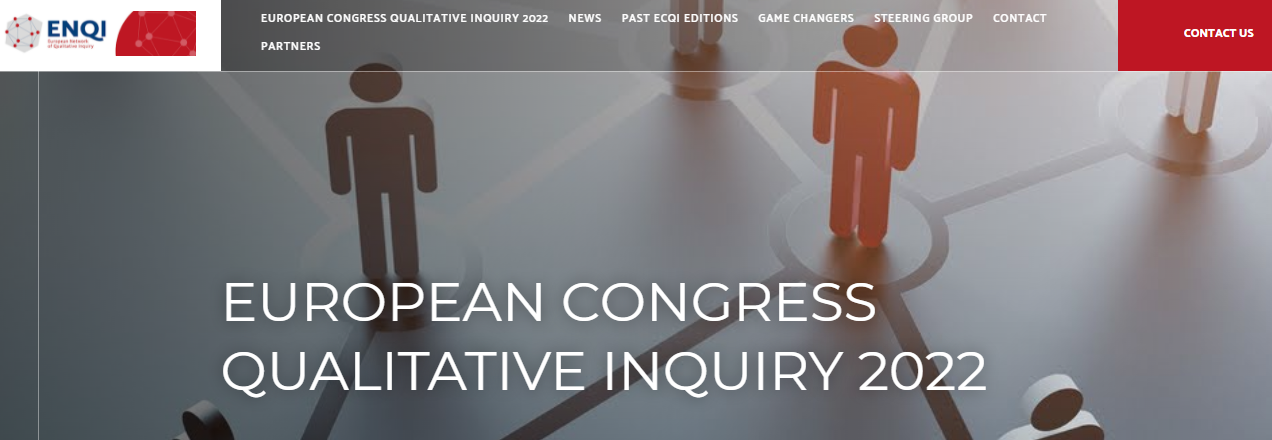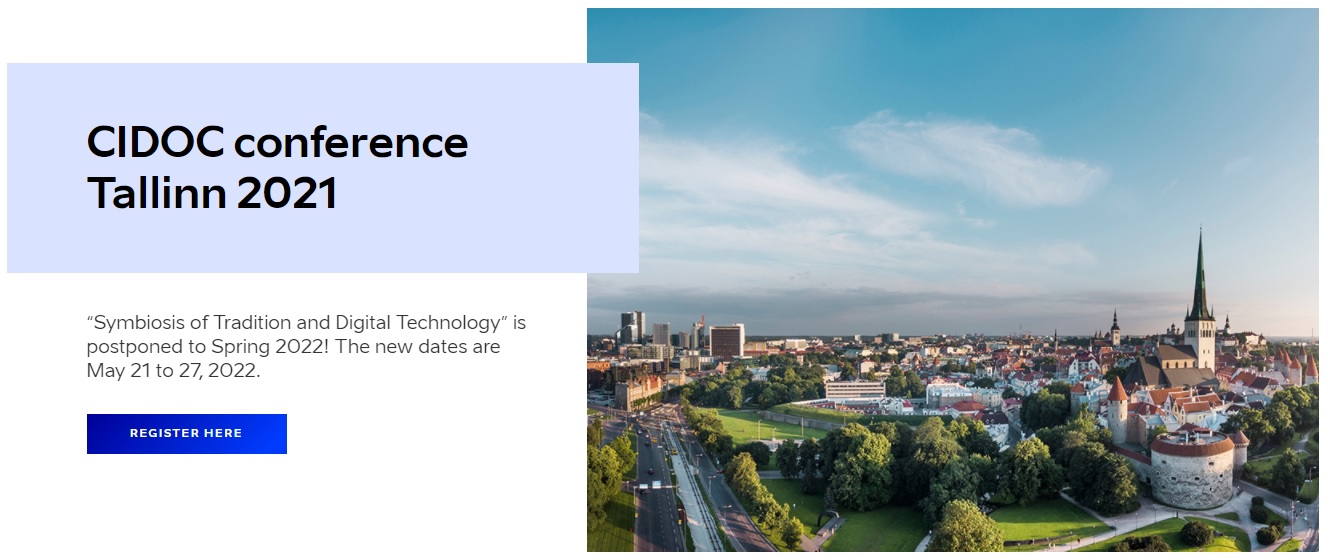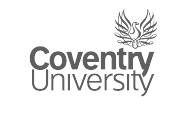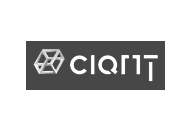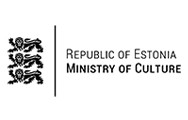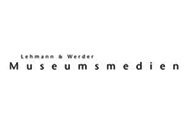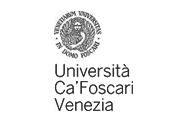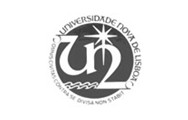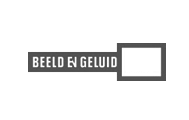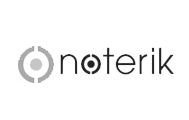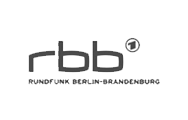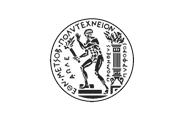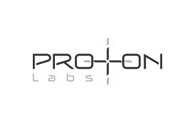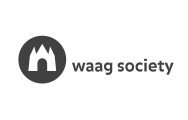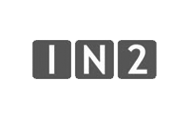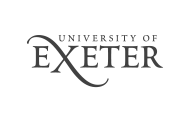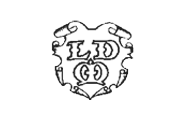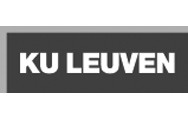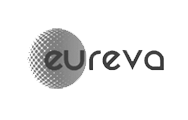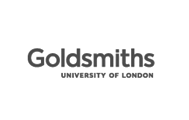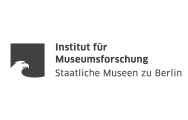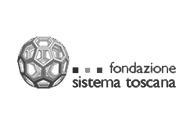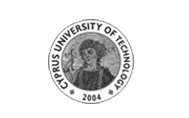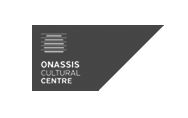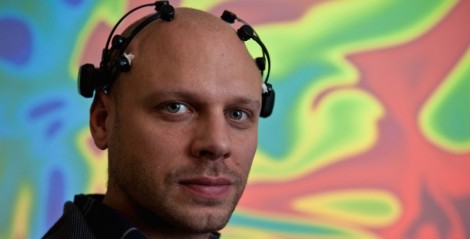 Could neurophysiological and BCI (Brain Computer Interface) tools already control our mind? And could we vice versa already build an individual virtual reality using BCI systems, able to fulfill all users’ desires? And what exactly users actually desire from them?
Could neurophysiological and BCI (Brain Computer Interface) tools already control our mind? And could we vice versa already build an individual virtual reality using BCI systems, able to fulfill all users’ desires? And what exactly users actually desire from them?
These will be the frame questions of the Friday 24 symposium with dr Aleksander Väljamäe (NGM lab), Pavel Smetana (CIANT) and artist Ivor Diosi.
Besides their ongoing and past projects, they will also present wider context of brain-computer interaction research and its use in arts, politics, society and mind development. Feel invited for the mind check…
PROGRAMME
17:00 dr. Aleksander Väljamäe – brain waves recording and its use in new artistic installations
17:30 Ivor Diosi – Molding the Signifier – bio-logy and un-humanistic considerations of “human”
18:00 Pavel Smetana – Room of Desires – even better than a real thing – fulfilled desires in VR
18:30 panel discussion
Host: Ondřej Cakl (CIANT)
Language: ENG primarily, Czech friendly
Entry: free. Capacity limited, we strongly recommend to book your seat at: info@ciant.cz.
—
Funded by EC Culture Europe 2007.
Realisation: CIANT
Project: Soft Control



